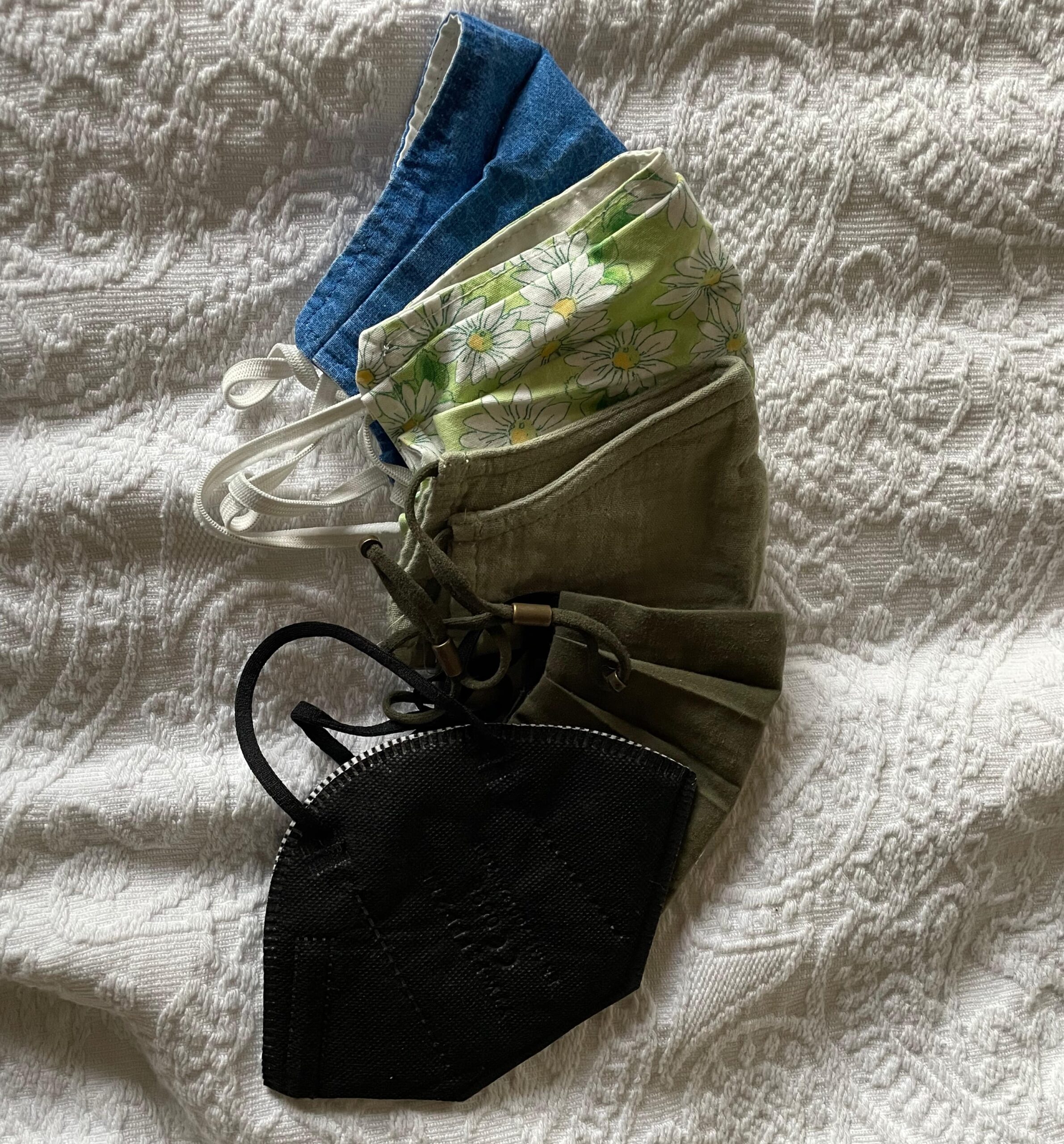An update to indoor mask mandates now allows individual professors to choose the masks requirements in their classroom. PHOTO CREDIT: Maddie Bataille | Photo Editor
After closely monitoring the Center for Disease Control‘s (CDC) most recent COVID-19 guidelines, the University of Rhode Island updated its mask policy for the rest of the spring semester.
The previous masking update lifted the requirement for masks in indoor spaces with the exception of classes, lab spaces and the Health Services building. The most recent update will allow maskless classrooms, however, the decision is left to the discretion of individual professors.
Vice President of Student Affairs and Director of Health Services Ellen Reynolds said she is confident in this decision for a variety of reasons.
“Rhode Island has consistently been low,” Reynolds said. “Every day we are watching what is happening around the country, but at this point, I am feeling comfortable that we are going to make it through the end of the semester.”
There was an increase in cases during the month of January due to the Omicron variant, but there was a quick drop in numbers as opposed to the previous strands, according to Reynolds.
“Given everything that students and staff have endured over the past couple of years, it was important to start decreasing our mitigation strategies where it made sense and where it was in line with the CDC and the Rhode Island Department of Health,” Reynolds said.
The University’s COVID-19 Task Force made the decision prior to spring break but wanted to give students who traveled the opportunity to get tested prior to making the announcement, according to Reynolds.
“We encourage faculty, staff and students to stay up to date on vaccinations and boosters, but whether it will be mandated or strongly recommended is still to be decided,” Reynolds said.
The University will be holding two vaccination clinics for students to get their third booster dose on Wednesday, April 20 from 9 a.m. to 11 a.m. and Friday, April 22 from 10 a.m. to 1 p.m. According to Reynolds, the University will be transitioning testing to at-home tests, in which there is a high supply.
She said masking is still encouraged for anyone who is at high risk or feels uncomfortable unmasking at this time, according to Reynolds.
Mark August, a professor in the communications department, appreciated the administration allowing the faculty to make the decision. August teaches COM 100: Communication Fundamentals and COM 210: Persuasion: The Rhetoric of Influence which both require speeches and presentations.
“Nonverbal communication is so limited now,” August said. “I teach five classes and have over 100 students. It is very hard for the speakers to let the audience in on the presentation.”
In his classes, students are working on a set of individual presentations followed by group presentations. August has opted to require masks for the first round, but make them optional for the groups if the students feel comfortable.
“I want the students to have freedom from that in the last presentation and be able to get a sense of what the classroom was like pre-COVID,” August said.
The University and COVID-19 Task Force are currently working out the plans for the fall semester. When the decisions are made, they will be announced so the community is aware of any updates, according to Reynolds.





